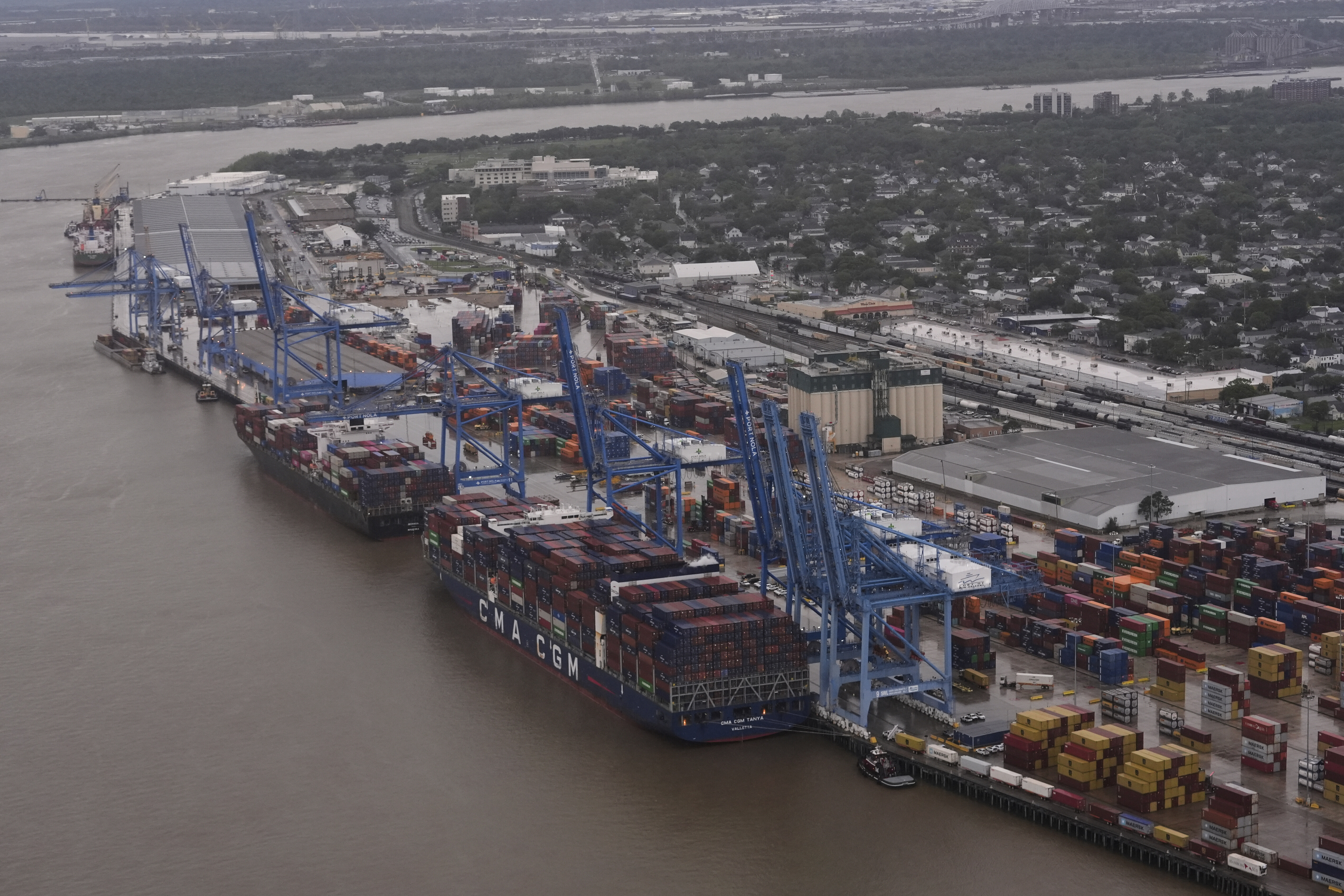The second problem is related to his first: the same commitment to a leftist agenda creates obstacles to an effective Asia policy. Even if he had made it to Indonesia and Australia, he would not have had much to offer. Obama cannot move an inch on the foreign policy agenda items that matter most to Asians: trade and security. Either he is uninterested in these issues or his party will not let him act on them. On trade, even so much as a mention of the South Korea free trade agreement resulted in severe resistance from his party. If Obama cannot ratify agreements already negotiated, how can he possibly offer a free trade, open investment vision to compete with China's more mercantilist one?On security, Asians already know Obama will not invest in the military resources necessary to assure the region of American staying power. That too would obstruct his domestic spending agenda. This is a president who essentially asked every Department except for the Defense Department to figure out ways to spend more as part of his fiscal stimulus. He did so while America is fighting two wars and dealing with the menace of China's growing military. Some friends get the picture: Australians are already embarked on a military strategy that hedges against American withdrawal from the Asia-Pacific. - Daniel Blumenthal
I think the first point is one of the more powerful critiques you could lodge against "smart power." Expanding free trade and economic integration seems to be an essential plank in any engagement strategy and yet, as Blumenthal notes, this isn't something the Obama administration has been able to offer as part of the "smart power" portfolio. But without deepening economic ties, what else does "smart power" have to offer?
But I'm not sure about the second half of Blumenthal's argument. First, there is not going to be an American withdrawal from the Asia-Pacific and I'm surprised Blumenthal could even suggest as much given the very public brew-ha-ha over the Futenma airbase in Japan. To recap: the Obama administration wants to keep to a 2006 agreement in place to relocate a Marine airfield inside Japan while the Japanese government, responding to domestic protests, is trying to block the move. That doesn't quite square with an administration pulling away from Asia.
Second, the defense budget is increasing. We currently - and absurdly - spend more money on defense than at anytime since World War II. The real problem is that the mix of investments is shifting toward, in Defense Secretary Gates' words, "winning the wars we're in now" and not doubling down on the conventional platforms necessary to deter a rising China. If you want the U.S. to focus more on Asia (which I agree we should) the real enemy is the misguided effort to transform the U.S. military into a constabulary force to bring democracy to the Greater Middle East.
But we also need to better define the terms of our engagement. As I understand the current Washington consensus, a successful "engagement" strategy means reinforcing the Cold War-era pattern of dependencies, whereby the U.S. taxpayer foots the bill for the defense of most of Asia's major economies. This is why Blumenthal is seemingly aghast that Australia is "hedging" (read: spending more of their own money on their defense) against an American withdrawal. But notice what Australia is not doing - they're not resigning themselves to becoming a Chinese client state. Surely this dynamic, whereby our allies remain our allies while doing more to bolster their defenses against a rising China is something we should be encouraging.











